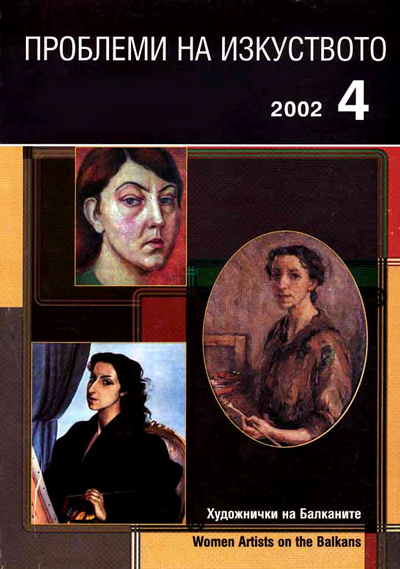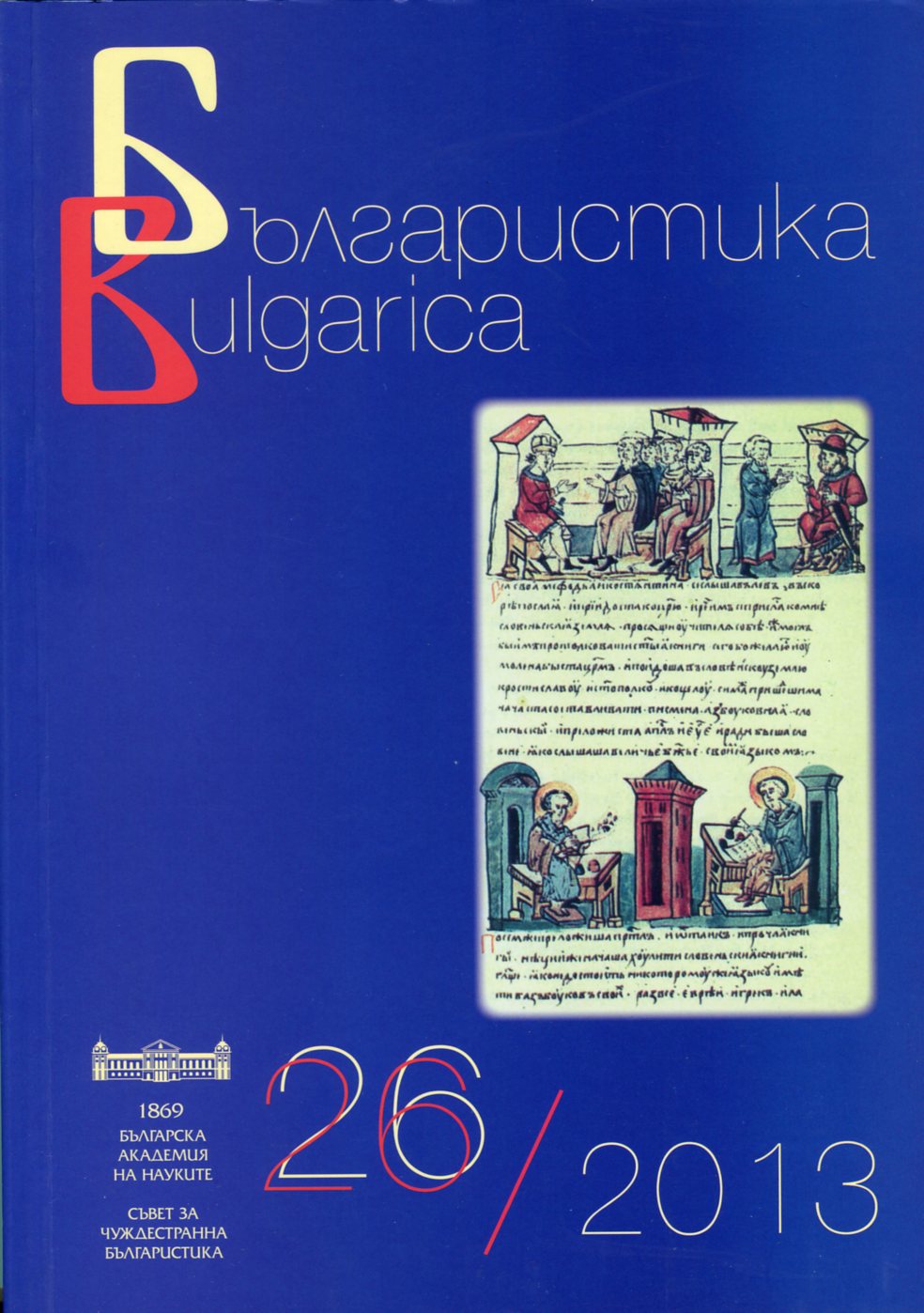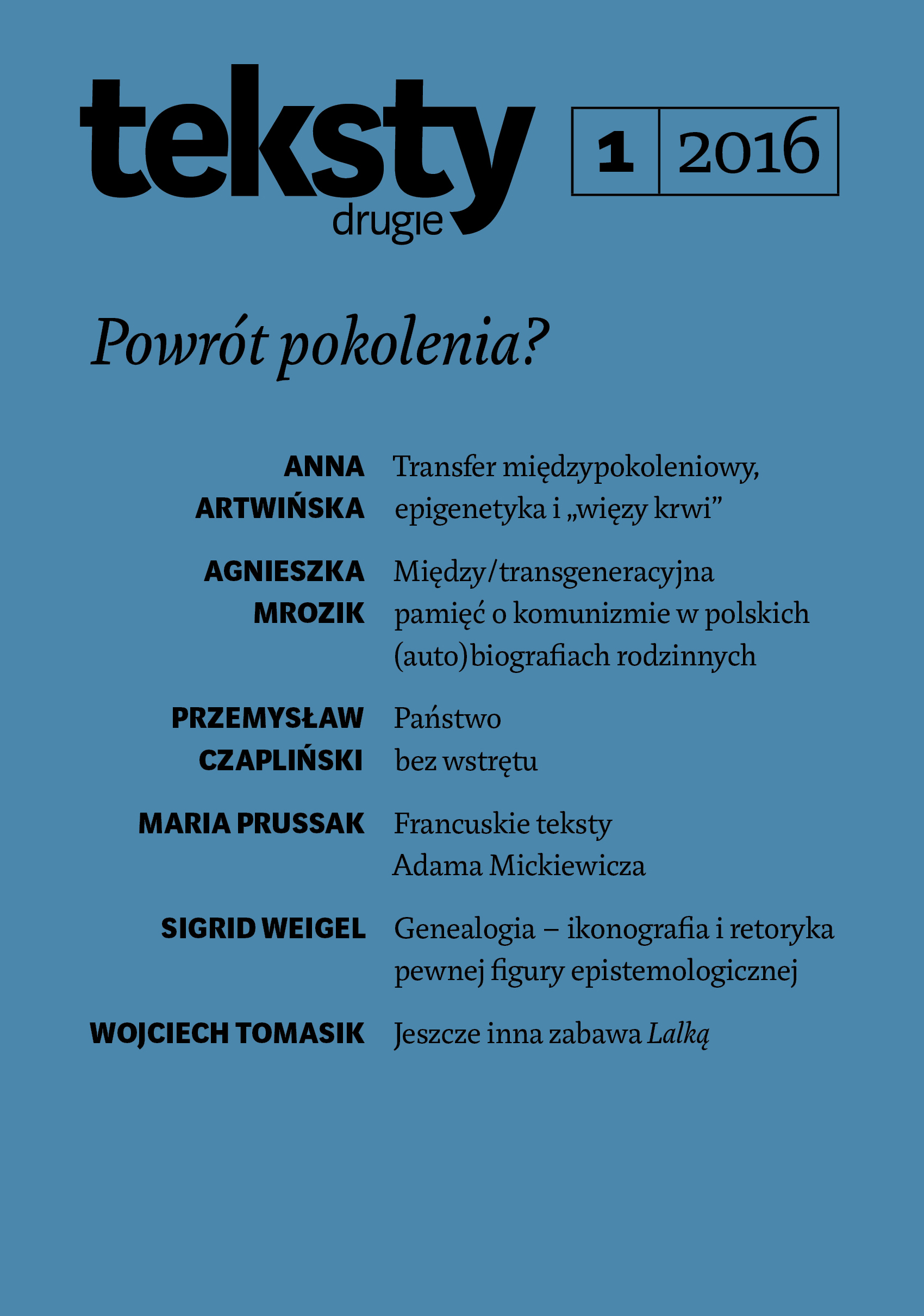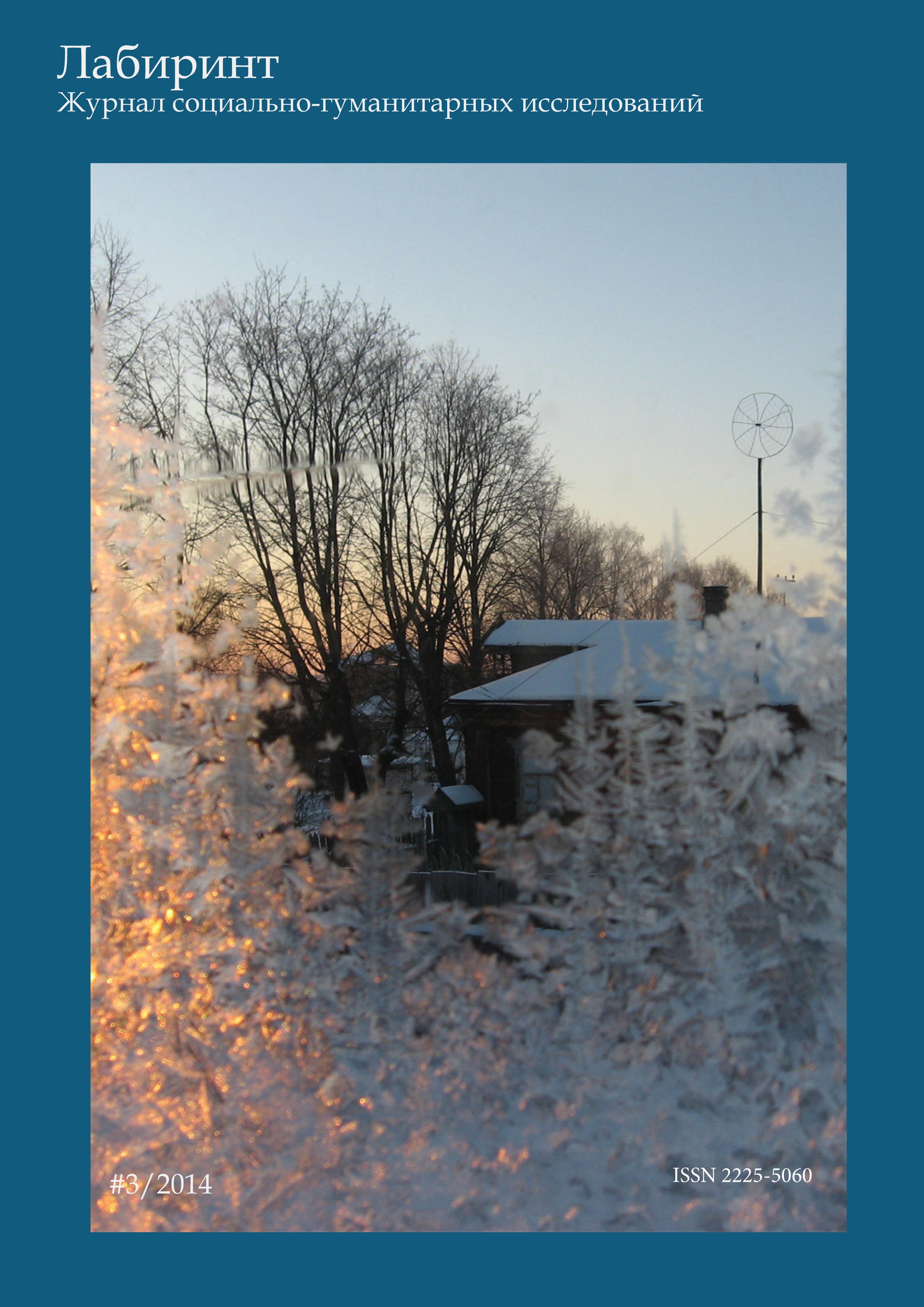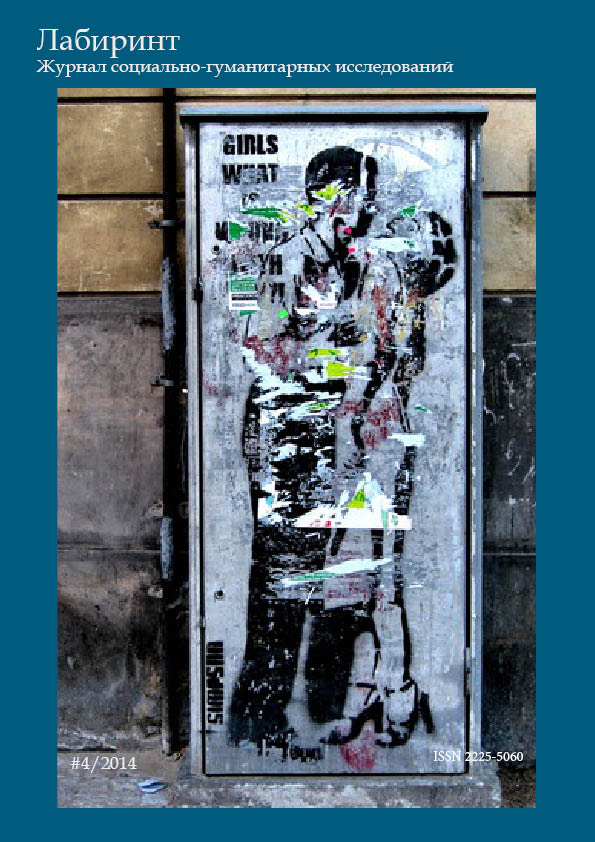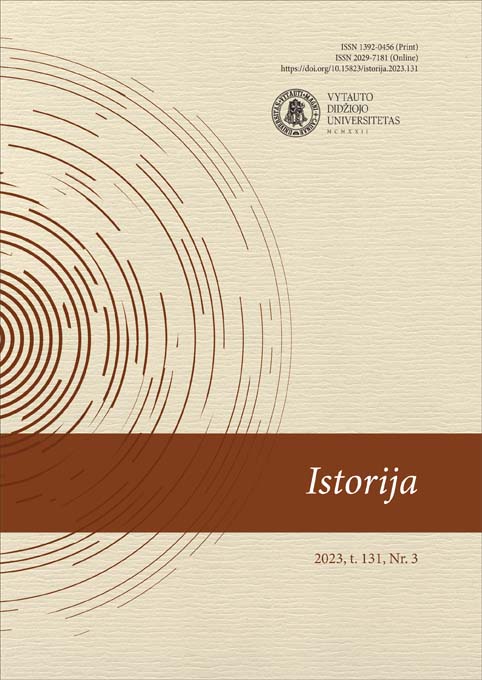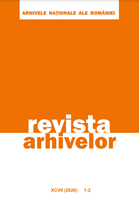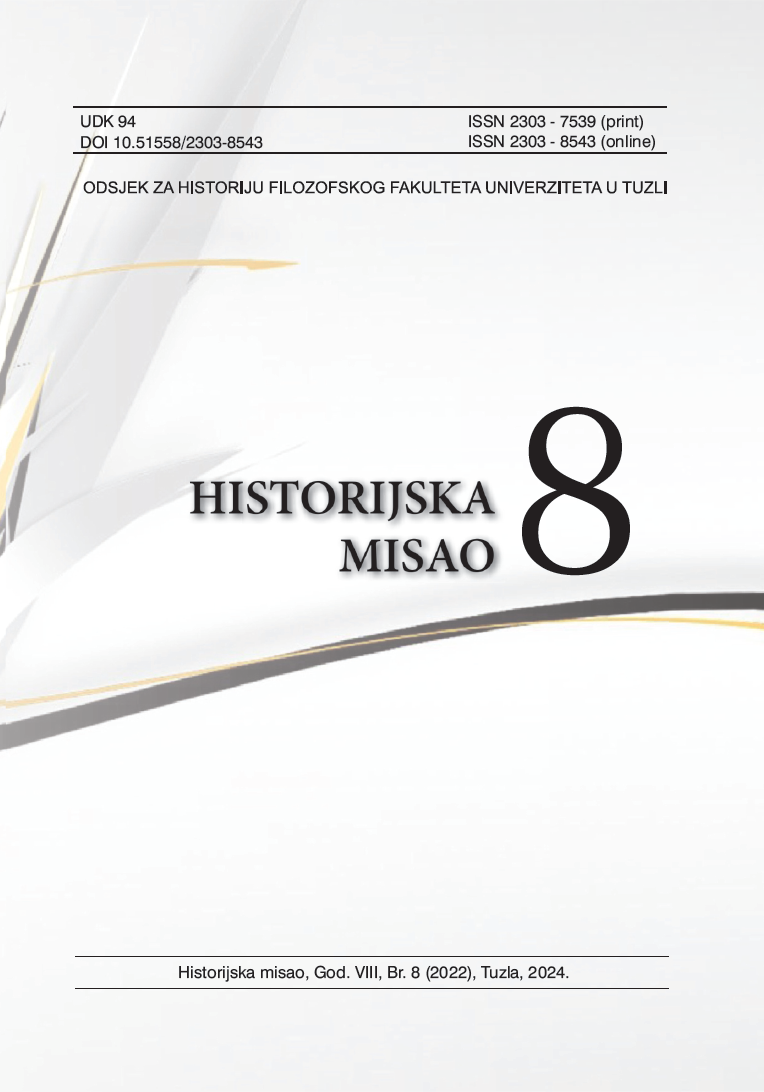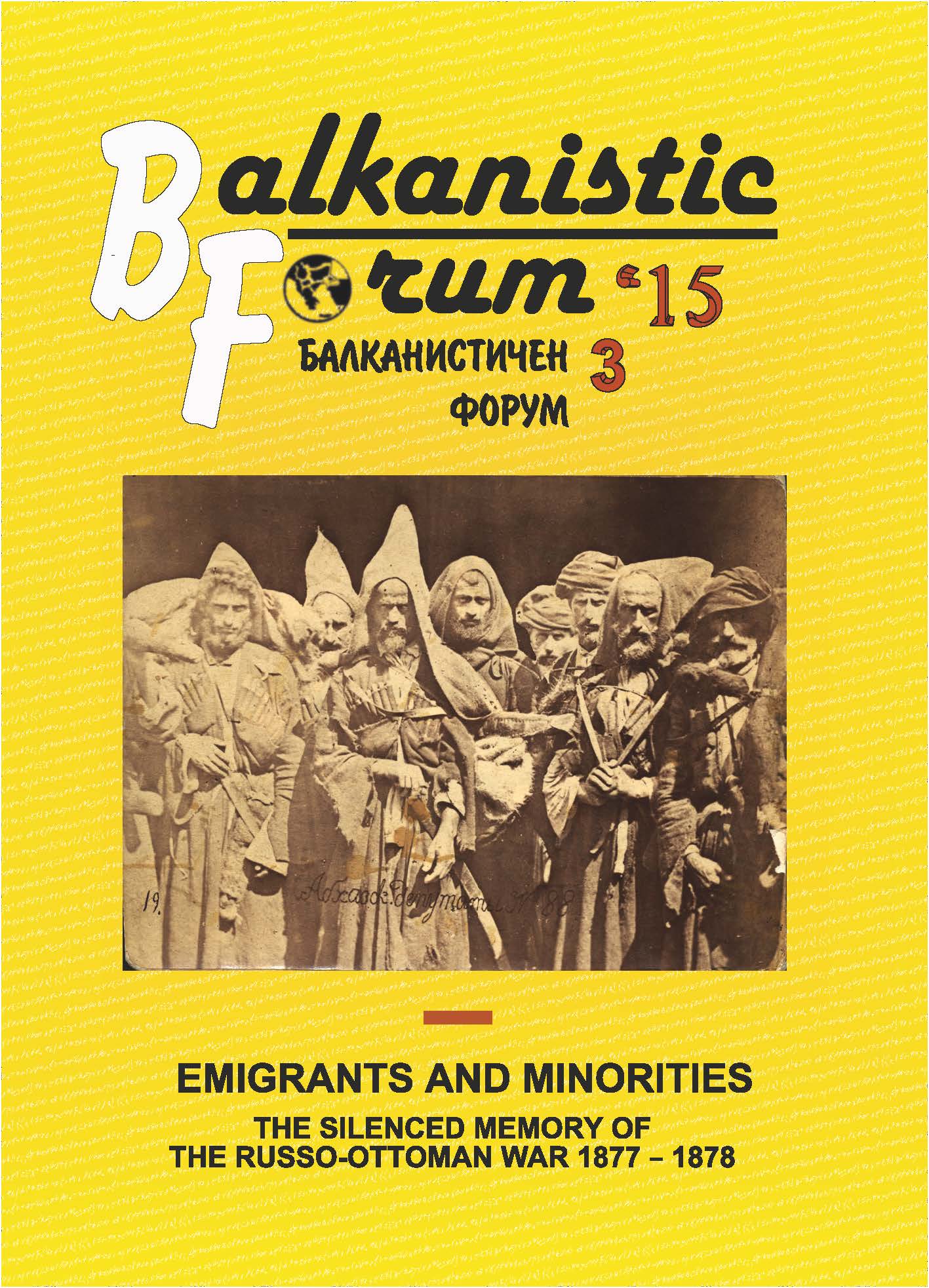
Introduction. Voicing Alternative Interpretations of the Russo-Ottoman War 1877 – 1878
In 2012 a consortium consisting of scholars from eight scientific institutions from eight different countries, whose historical developments were influenced to different degrees by the Russo-Ottoman War of 1877 – 1878, started working to thoroughly analyze the causes and consequences of that war. The present volume comprises one of the scholarly outputs of this EU-funded Marie Curie project “Politics of Memory and Memory Cultures of the Russo-Ottoman War 1877/1878: From Divergence to Dialogue” (MemoryROW).
More...
